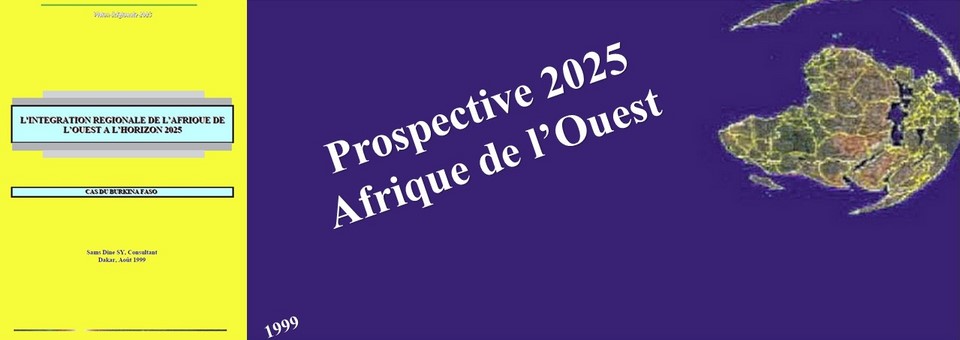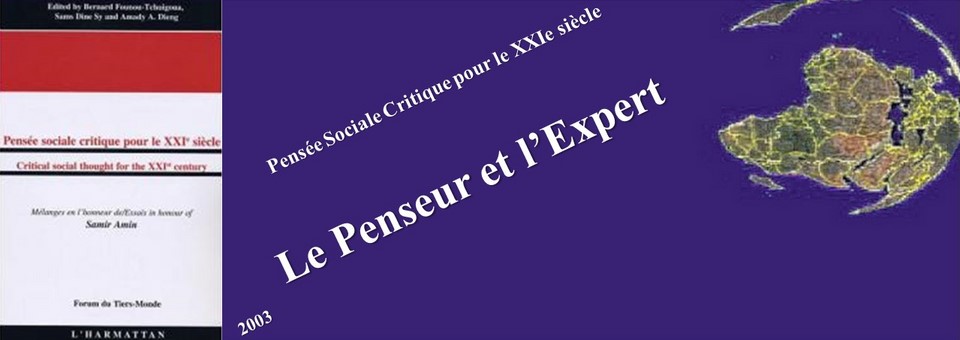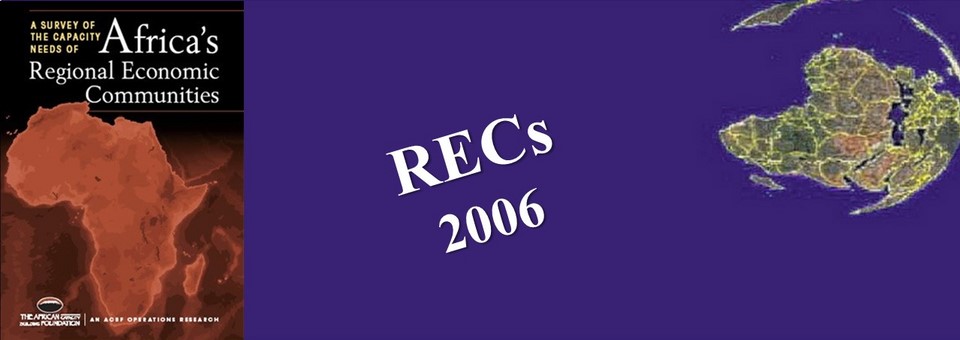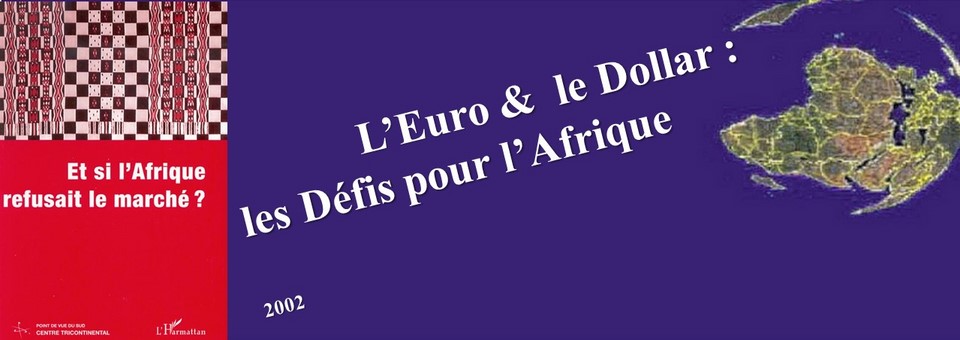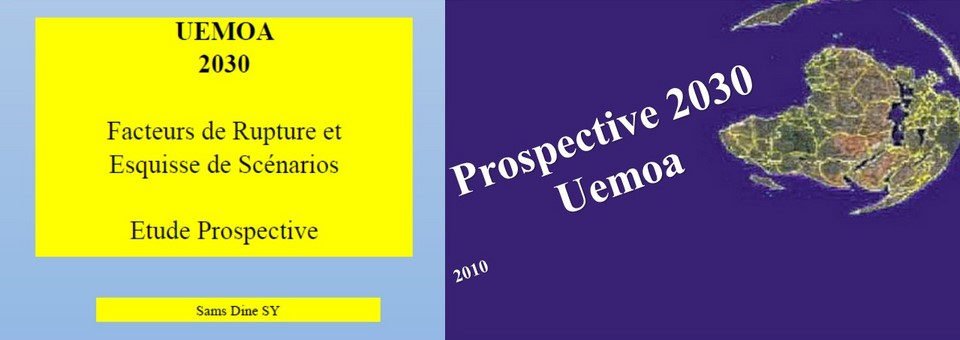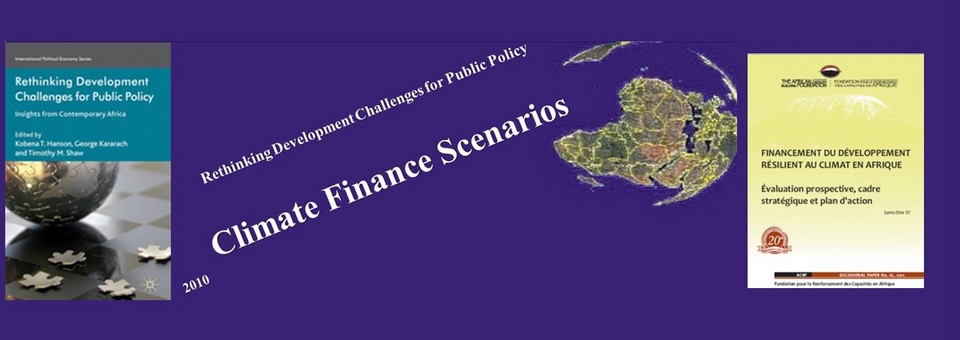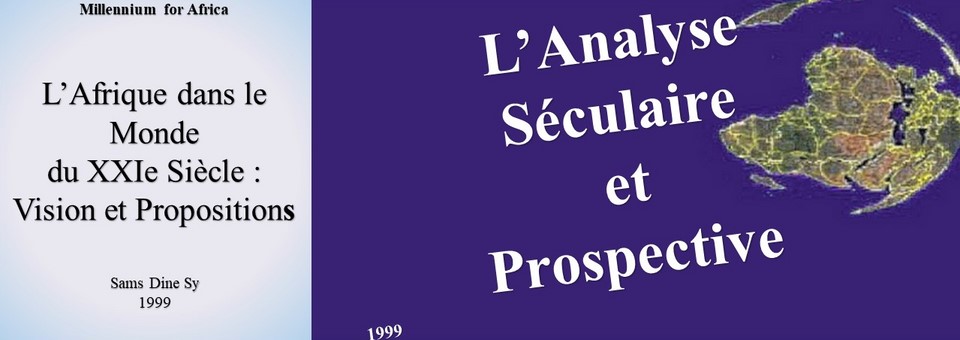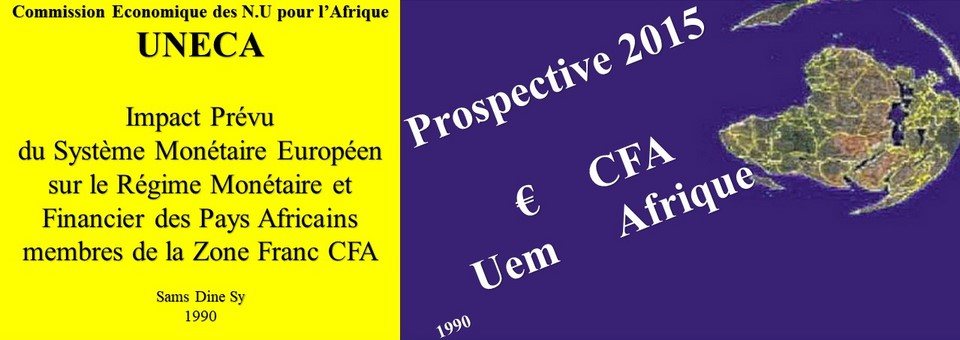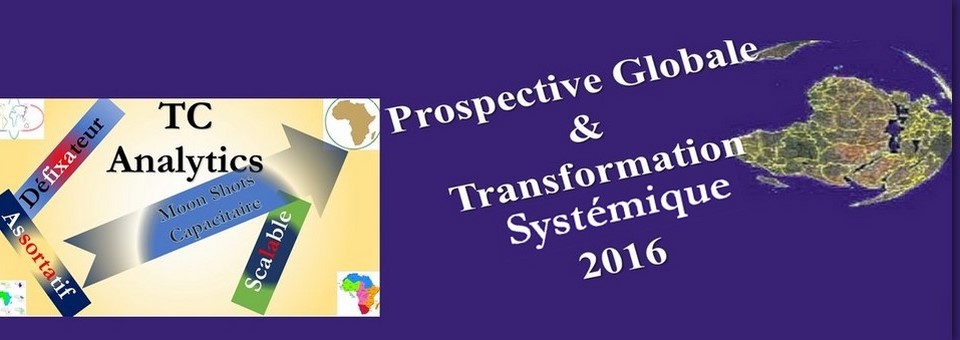Migration Value Chain
Sams Dine Sy
Tunisian Cousins, Look At The Migration Value Chain!
The West-African traveler having often traveled, from east to west and in the opposite direction, the North-African region when it was still stable often re-tains only the welcome in Tunisia. "You are our cousins. Welcome to our home! ". Hence the indignation and disappointment caused by the unfortunate exit of its leader who clearly knows nothing about his country's path in the migration value chain. Since the oil shocks of the 70s, Tunisians have played a major role in the regions that have suffered the most, namely North Africa and West Asia. Most of the domestic, administrative, commercial, technical, health and educational tasks were carried out by Tunisian migrants. The economic dynamism inherited from the 60s and 90s and the repression that followed were the main drivers.
The place of this country in African and Arab-Berber migrations is widely documented. Its status as a first-mover also with the "Tunisian Spring" wrongly described as "the Arab Spring" probably in memory of the "Re-volts" of the same name, well-illustrated by three cards in "Seven Pillars of Wisdom: A Triumph. T. E. Lawrence 1922" with evocative titles: first phase, second phase and final victory. The tragedy of 9/11 and the globalization of violence and terror that results from it destructors - among other con-sequences - the migration value chain under Tunisian control, when the en-tire West Asian and then Libyan space becomes a testing ground for the Great Powers with "Desert Sabre - Desert Storm (West and Central Asia)" then "Sahel Storm- Sahel Sabre (North and West Africa)". Tunisian mi-grants have been the main collateral victims, forced to return to their country of origin under the double pressure of insecurity and competition of mi-grants from destroyed areas to the Gulf countries. This fierce competition is exacerbated by the sub-Saharan migratory movements with whom they cohabited in Libya until the destabilization of this country by the great powers transformed them into refugees on Tunisian soil. To make matters worse, they are reduced to loot for the underground migration industry while Libya is still held hostage by Wagnerian mercenaries supported by special forces acting on behalf of interest groups with a private agenda. Ironically, these are the same interest groups that are constantly criticizing the presence of these mercenaries in the Sahel today.
Under these conditions, how to explain the exit of the Tunisian leader in total contradiction with the migratory history of his country? No doubt - as is of-ten the case - the existence of a window of opportunity. Eyes naturally turn to these same great powers anxious to regain control of the migration value chain, whose highly evolving structure exposes them to many surprises. The latest attempt at "Reset" in terms of "African Policy" of a declining power illustrates this objective when - by its number and vitality - African youth continue to be the "strategic target" in the genre "Who holds his young talents holds Africa. Whoever holds Africa holds the demographic and economic solution to global warming." One could not better betray a clear demoressourcist inclination when this youth has nothing to do with this endless decline even less in the multiplication of extreme events.
Recent events on both Tunisia and the migration issue also offer some leads. Is its leader only trying to please the new owner of Twitter in the hope of having a right to control everything that is said about his country? Another window could also arise from these "informal conditionalities" that govern the destiny of external financial support without which the country becomes bloodless: to please certain influential partners in obtaining this support and who would like to make Tunisia the starting point for grey mat-ter to fill their shortage of medical personnel, teacher and technical; use it as a model in the reception of so-called "irregular" migrants, including Tunisians; weakening Africa in the hope of regaining control of the continent...
The desire to create a diversion is also evoked when Tunisia regresses dangerously into a theocracy-monarchy worse than the one that triggered the famous spring. Hence the importance of an in-depth analysis of the migration value chain rather than casting aspersions on this migrant people who do not deserve such degradation to the point of stigmatizing other migrants, their peers and cousins. Tunisia is well placed to serve as an example to other African countries as the subject becomes more and more complex under the intersecting effects of the ongoing systemic transformation that already affects all public policies and behaviors around the world.
The place of this country in African and Arab-Berber migrations is widely documented. Its status as a first-mover also with the "Tunisian Spring" wrongly described as "the Arab Spring" probably in memory of the "Re-volts" of the same name, well-illustrated by three cards in "Seven Pillars of Wisdom: A Triumph. T. E. Lawrence 1922" with evocative titles: first phase, second phase and final victory. The tragedy of 9/11 and the globalization of violence and terror that results from it destructors - among other con-sequences - the migration value chain under Tunisian control, when the en-tire West Asian and then Libyan space becomes a testing ground for the Great Powers with "Desert Sabre - Desert Storm (West and Central Asia)" then "Sahel Storm- Sahel Sabre (North and West Africa)". Tunisian mi-grants have been the main collateral victims, forced to return to their country of origin under the double pressure of insecurity and competition of mi-grants from destroyed areas to the Gulf countries. This fierce competition is exacerbated by the sub-Saharan migratory movements with whom they cohabited in Libya until the destabilization of this country by the great powers transformed them into refugees on Tunisian soil. To make matters worse, they are reduced to loot for the underground migration industry while Libya is still held hostage by Wagnerian mercenaries supported by special forces acting on behalf of interest groups with a private agenda. Ironically, these are the same interest groups that are constantly criticizing the presence of these mercenaries in the Sahel today.
Under these conditions, how to explain the exit of the Tunisian leader in total contradiction with the migratory history of his country? No doubt - as is of-ten the case - the existence of a window of opportunity. Eyes naturally turn to these same great powers anxious to regain control of the migration value chain, whose highly evolving structure exposes them to many surprises. The latest attempt at "Reset" in terms of "African Policy" of a declining power illustrates this objective when - by its number and vitality - African youth continue to be the "strategic target" in the genre "Who holds his young talents holds Africa. Whoever holds Africa holds the demographic and economic solution to global warming." One could not better betray a clear demoressourcist inclination when this youth has nothing to do with this endless decline even less in the multiplication of extreme events.
Recent events on both Tunisia and the migration issue also offer some leads. Is its leader only trying to please the new owner of Twitter in the hope of having a right to control everything that is said about his country? Another window could also arise from these "informal conditionalities" that govern the destiny of external financial support without which the country becomes bloodless: to please certain influential partners in obtaining this support and who would like to make Tunisia the starting point for grey mat-ter to fill their shortage of medical personnel, teacher and technical; use it as a model in the reception of so-called "irregular" migrants, including Tunisians; weakening Africa in the hope of regaining control of the continent...
The desire to create a diversion is also evoked when Tunisia regresses dangerously into a theocracy-monarchy worse than the one that triggered the famous spring. Hence the importance of an in-depth analysis of the migration value chain rather than casting aspersions on this migrant people who do not deserve such degradation to the point of stigmatizing other migrants, their peers and cousins. Tunisia is well placed to serve as an example to other African countries as the subject becomes more and more complex under the intersecting effects of the ongoing systemic transformation that already affects all public policies and behaviors around the world.
Sams Dine Sy
February 28 2023
Former facilitator specialized in expert group management
Facilitator of the Global Foresight and Policy Analysis platform.
https://samsdinesy.org/
February 28 2023
Former facilitator specialized in expert group management
Facilitator of the Global Foresight and Policy Analysis platform.
https://samsdinesy.org/

